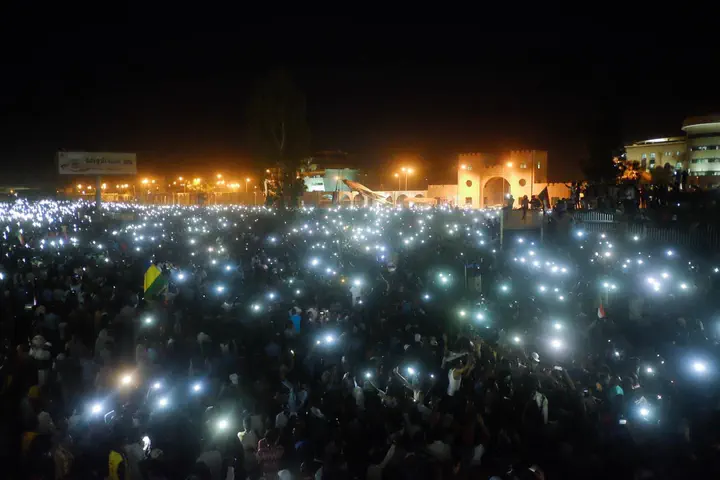Nonviolent Resistance
 Photo by Ola A. Alsheikh on Wikimedia Commons
Photo by Ola A. Alsheikh on Wikimedia CommonsHow do people struggling with violence and oppression come together to achieve change? When do such struggles succeed and fail? Recent history has seen hundreds of major nonviolent resistance movements – from the civil rights movement of the United States to the Arab Spring movements in the Middle East – mobilize huge numbers of people and initiate major political transformations around the world. This course examines this phenomenon of nonviolent resistance: the application of force without the use of weapons to achieve political change. We will discuss the central ideas behind nonviolent resistance from diverse thinkers such as Mahatma Gandhi and Martin Luther King, Jr, examine some of the most important historical cases of nonviolent resistance, dig into what scholars can tell us about how, when, and why nonviolent resistance works, and seek to understand the consequences of nonviolent resistance for our world today.
I have taught versions of this course both at the University of Denver (2018) and at George Washington University (Spring 2023).
Selected Student Feedback
I absolutely loved this course because it offered a new perspective on resistance which runs contrary to the common US dialogue of violence and its success. This was enlightening and refreshing and offered me a new way to think about conflict and its prevalence.
This course is fantastic and I felt engaged with the material. I learned so much from this class and am a little disappointed that it has ended so soon. The overall structure and material fostered a sense of collective learning where I felt my input was valued and was able to learn a lot from my classmates as well.